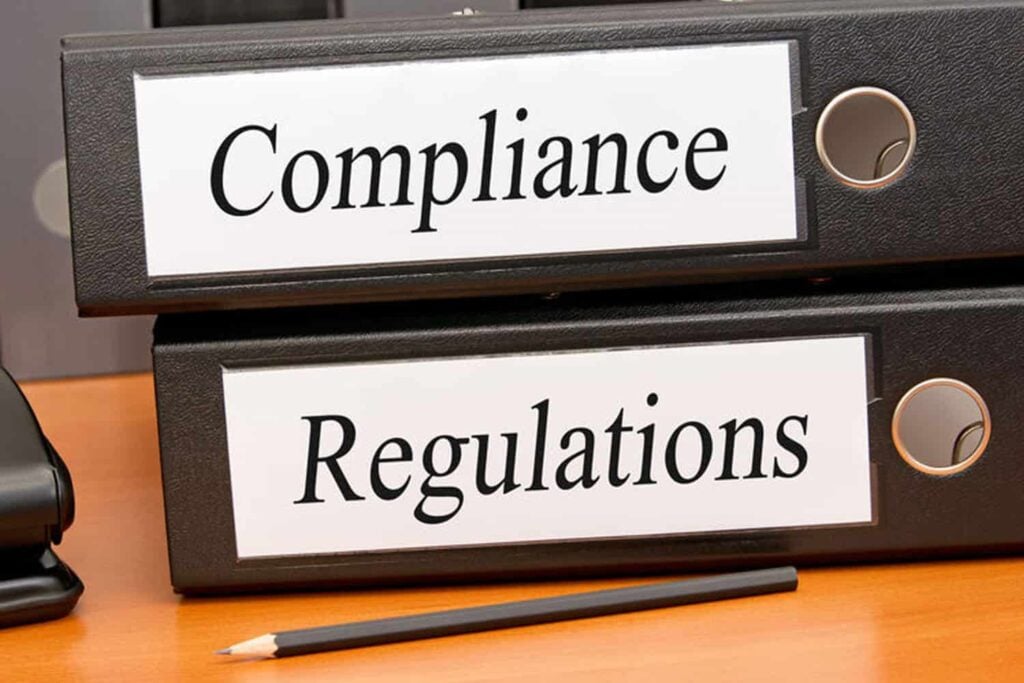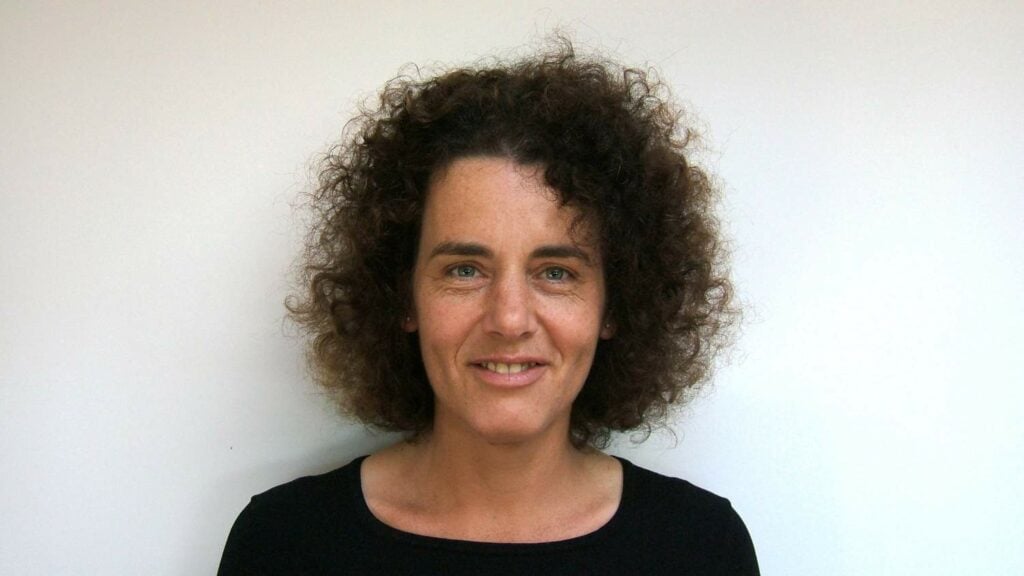When I became a teacher I did not expect to be working at an early childhood centre where children were force-fed.
As a centre manager was recently found guilty in the High Court of force-feeding, smacking children and washing a child’s mouth out with soap, I think it’s important that we break the silence on such behaviours. We should be discussing reasons why it’s difficult to speak up such as not wanting to rock the boat or make complaints against colleagues you like, why it’s difficult to be believed, and the problems of not saying anything and being blamed and perhaps guilty for not saying anything.

It was a few years ago now that I witnessed force-feeding. It was upsetting for everyone at the centre to see a distressed child have their mouth held open and food forced in, more so for the child being force fed. “The child must eat” – was the justification given.
It was not something that happened daily, but several times over a period of a couple of months. In discussions with other staff and management it was something that few seemed okay with but it was permitted to happen.
I did not think it was okay. It was difficult to know what to do or where to start. I already felt my integrity compromised just by working in a large and often highly pressured/over-busy centre (my preference is for small groups especially for under-3s children but this was not the case as this centre).
After a conversation with the manager who listened to my concerns but defended the option of force feeding when deemed necessary, for an autistic child and children that refuse to eat – I decided to approach the Ministry of Education. I decided I could not continue working at the centre and would seek a new job, so I would not have to put up with any ill feeling when the Ministry of Education investigated.
The centre manager was usually approachable but the second in charge could be pretty awful – a workplace bully and several teachers have since left their jobs because of this woman. The attitude of other staff was mostly supportive though one did comment “keep your mouth shut and don’t rock any boats”.
Firstly I contacted the centre owner – which was a waste of time as he completely backed the management. I took this step, before informing the Ministry of Education and formally putting my concerns in a letter to the centre manager.
The Ministry of Education was always friendly and pleasant to deal with. I wrote an initial email expressing my concerns without naming any names, and progressed to naming the centre and asking for an investigation.
I wonder now if I should have named names and perhaps even approached the Teachers Council now called the Education Council of Aotearoa NZ. But then I would be putting myself at risk of nastiness and even being sued for defamation.
As it turned out the Ministry of Education officer found no evidence of force feeding during his visit to the centre – which of course would not have happened while he was present. As a result of his visit, the centre did however review its food policies, to state that force feeding was no longer an option. This at least was a positive outcome (providing force-feeding didn’t still occur behind closed doors).
Making a complaint, and going through the necessary steps of first complaining to the manager, then to the owner, then back to the manager and then the Ministry of Education was not an easy thing to do. It’s impossible to do it anonymously as the Ministry requires that complainants follow the centre’s complaint process which in most centres is to put complaints in writing to the centre first.
Teachers are good women and men mostly trying to do their best but much more importantly we are and must be advocates for children. Parents trust their children into our CARE and they place confidence in us to treat their children with WARMTH and RESPECT, and not dominated into submission, or abused.
I would like to encourage those who see things that they know are wrong to speak out, talk about it, get a conversation going and get some support, even if it starts as a few emails to somewhere like MY ECE or ask My ECE to report to the Ministry of Education on your behalf.
There are many reasons why as teachers it’s difficult to speak up for children. The belief of being somehow complicit in this abusive behaviour if we do not stand up to it may actually compound the feelings of hopelessness if we let it continue.
Opinion Article.
By Sandra Wylie.
August 11, 2017.







